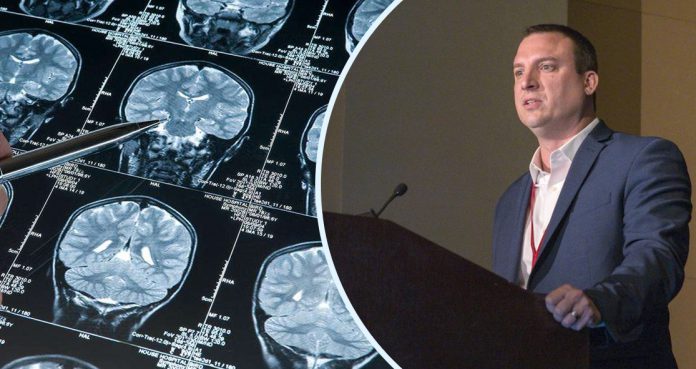According to a new study conducted by the Temple University researchers, there is a link between the progression of Alzheimer’s and some dysfunctional changes in the calcium transport by the cell’s mitochondria, which contains enzymes responsible for producing energy.
The researchers explained that in Alzheimer’s, the remodeling of calcium transport by mitochondria becomes dysfunctional, affecting mitochondrial function and declining memory and learning/
The study was published online in Nature Communications.
Senior study author Dr. John Elrod said, “Amyloid-beta deposition and tau pathology are considered the major contributors to Alzheimer’s disease and, as a result, they have been the main focus of therapeutic development. Large clinical trials targeting these pathways have universally failed, however.”
The researcher explained that dysfunctional changes in calcium transport and cell metabolism could be the reason behind Alzheimer’s and nerve cell dysfunction.
Dr. Elrod noted, “But up to now, no one has investigated the impact of altered calcium transport into and out of the mitochondria on the progression of Alzheimer’s disease. Our current study provides a missing link between these two hypotheses of Alzheimer’s pathogenesis.”
It is important to note that calcium transport by cell’s mitochondria has a key role in a variety of cellular functions, including the process of calcium outflow from the heart cells and nerve cells.
In the new study that was conducted on mice, Dr. Elrod and his team analyzed the key role of calcium uptake by nerve cells in Alzheimer’s disease.
Dr. Elrod explained, “Our findings indicate that maladaptive remodeling of pathways to compensate for abnormalities in calcium regulation, which perhaps are meant to maintain energy production in cells, lead to neuronal dysfunction and Alzheimer’s pathology. “Moreover, our data suggest that amyloid beta and tau pathology actually lie downstream of mitochondrial dysfunction in the progression of Alzheimer’s disease, which opens up a new therapeutic angle,” he added.





















